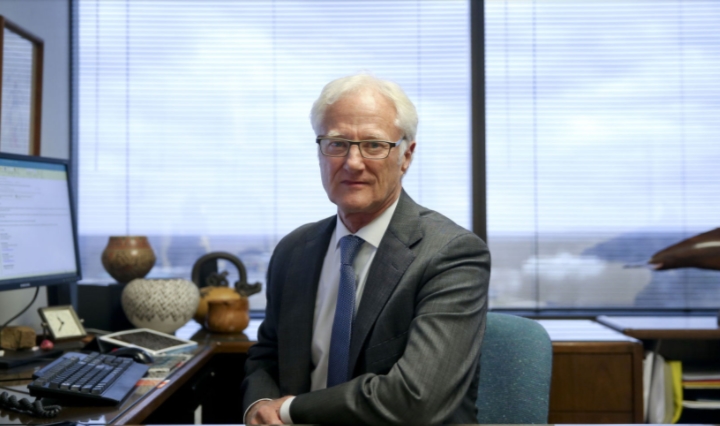
Big companies that offer 401(k) plans might seem to be putting their employees on the fast track to savings, but small-business owners and employees don’t have to be derailed by their size.
John Keown, a private wealth adviser for Ameriprise Financial Services, said small companies — those with fewer than 100 employees — typically find the 401(k) prohibitively expensive. But those businesses can opt for plans approved by the IRS for small businesses, he added.
The two plans most commonly used are the Simple IRA and the SEP IRA, Keown said. The Simple IRA more closely resembles a 401(k) in that it is funded pretax by the employer and the employee through a matching arrangement.
The SEP IRA is funded exclusively by the employer but allows for the flexibility to change contributions with business activity each year, Keown said. This type of plan is most commonly used by business owners with high wages and a limited number of eligible employees.
“Both plans are inexpensive to set up,” Keown said. “Since investments are determined by the participant, most questions are answered directly by the investment adviser. This means a business owner would not have to dedicate a specific employee to become a plan expert.”
Lars Gwartney, a financial adviser and certified financial planner for Northwestern Mutual Investment Services, said the options for small-business owners and employees are plentiful.
“The key question is: How much money do you want to put back?” he said. “Because that’s going to determine which plan you pick. The next question to answer is: What kind of tax situation do you have (and) how do you want to be taxed on this money?”
Those are the starting places for any type of retirement plan conversation, Gwartney said, adding that simple is almost always the best. Yet simple might mean skipping the separate account and just investing even more into a spouse’s traditional employer-sponsored 401(k).
“It really depends on what you’re trying to accomplish,” Gwartney said. “If you just want simplicity, then yes, just put more money in the 401(k).”
Putting more money into a single account is also a way to keep fees lower, Gwartney said. Yet if you don’t like that company’s investment options, you might prefer a separate account. He stressed that the holdings are what establishes a portfolio’s diversity, not the company managing it.
Keown said the question of whether to contribute to only one retirement plan or more than one is different for each situation but that there are some points to consider.
“Be sure to balance savings between long-term goals and shorter-term needs,” he said, adding that saving too heavily for long-term goals can leave a person in the lurch if money is required to meet a short-term need.
“Couples typically do not share the same feelings about money and financial security. Having two separate plans allows each to invest at their own individual comfort level.”
And if both employers offer matching funds, it’s important to take advantage of that and have each spouse make at least the minimum contribution that gains the maximum employer match, Keown said.
“Putting all savings into one plan could result in losing the match on the second plan,” he said.
Keown said separate plans also enable investors to have different beneficiary designations.
““Life — and divorce — happens,” he said. “Most states require an equal division of spousal assets, but this process is cumbersome and lengthy. Accounts can be frozen while proceedings take place. Having separate accounts can be helpful in this process.”
There are some caveats to going it alone, however, such as being unaware of fees or just not knowing what you’re doing, Gwartney said. Novices tend to buy high when a stock is popular and then sell low when they’re nervous about a decline in price, but “that’s the opposite of what you should be doing.”
“Work with a good adviser who’s going to teach you and show you how they make money,” Gwartney said.